From August 31 to September 8, Prof. Li Yongdong and colleagues from the Department of Electrical Engineering and Applied Electronics (EEA) of Tsinghua University visited the United Kingdom for academic exchange. They first attended the academic conference in the field of power electronics, ECCE Europe 2025, held in Birmingham, together with Prof. Wang Xiongfei. Subsequently, Prof. Li was invited to visit several internationally renowned universities, including the University of Nottingham, the University of Sheffield, the University of Cambridge, and Imperial College London.
From August 31 to September 3, Prof. Li Yongdong and his team attended ECCE Europe 2025. The conference, jointly organized by IEEE PELS and ECPE Europe, is the largest academic event in Europe for power electronics and energy conversion. This year, the conference accepted 538 papers, attracting nearly a thousand researchers and engineers worldwide. Exhibiting companies included Mercedes-Benz, Protean Electric, YASA, Dynex Semiconductor, and Cambridge GaN Devices, while Huawei appeared as a Gold Sponsor, demonstrating the global participation and technological influence of Chinese enterprises in the power electronics field.
During the conference, Prof. Li Yongdong and Prof. Wang Xiongfei engaged in in-depth exchanges with experts, scholars, and senior engineers from top international universities and leading companies on cutting-edge technologies and international collaboration. During the conference, Prof. Li also applied on behalf of Tsinghua University to host the IEEE PRECEDE 2027 international conference and received unanimous approval in the IEEE Power Electronics Society Conference Committee vote. Prof. Wang Xiongfei, serving as IEEE PELS ITRG Chair, presided over the special session “IEEE PELS Roadmap on High-Power Electronics for Decarbonizing Energy Grids,” which received wide attention from attendees. EEA doctoral student Liu Kaiyuan presented his research results titled “Torque Sideband Harmonic Suppression in Sub-Healthy Four-Module PMSM Using 3D Carrier Phase Shifting and Carrier Frequency Modulation”, introducing the team’s latest advances in multi-module motor control.
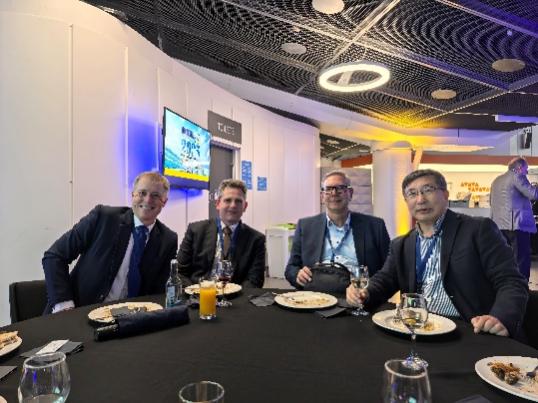
Figure 1: Exchange with internationally renowned scholar Prof. Ralph Kennel
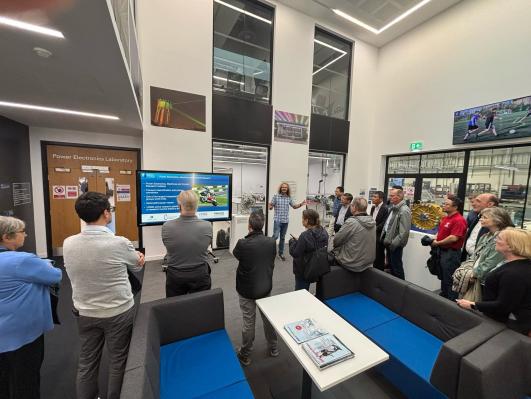
Figure 2: Visit to University of Nottingham PEMC Laboratory
From September 4 to 5, Prof. Li Yongdong and Dr. Liu Kaiyuan visited the Power Electronics and Motor Control Research Center (PEMC) at the University of Nottingham. PEMC has extensive international influence in motor control and electrification of transportation, with a globally leading research team and experimental facilities, making it the largest university research team in this field worldwide. Prof. Li toured PEMC’s laboratory building and gained in-depth understanding of its experimental platforms and testing environment. He then held extensive exchanges with Vice-Chancellor Prof. Chris Gerada, PEMC team leader Prof. Patrick Wheeler, and Prof. Yang Tao, further strengthening the team’s role as a bridge for Sino-UK academic exchange in power electronics and laying a solid foundation for long-term collaboration.
From September 6 to 8, Prof. Li also visited the University of Sheffield, the University of Cambridge, and Imperial College London.
At the University of Sheffield, Prof. Li met with Prof. Zhu Ziqiang, Fellow of the Royal Academy of Engineering and IEEE/IET Fellow. Prof. Zhu has profound research experience in novel permanent magnet synchronous motors and advanced control technologies and serves as a visiting professor at the EEA. They held enthusiastic discussions on high-performance motor control and electrification of transportation.
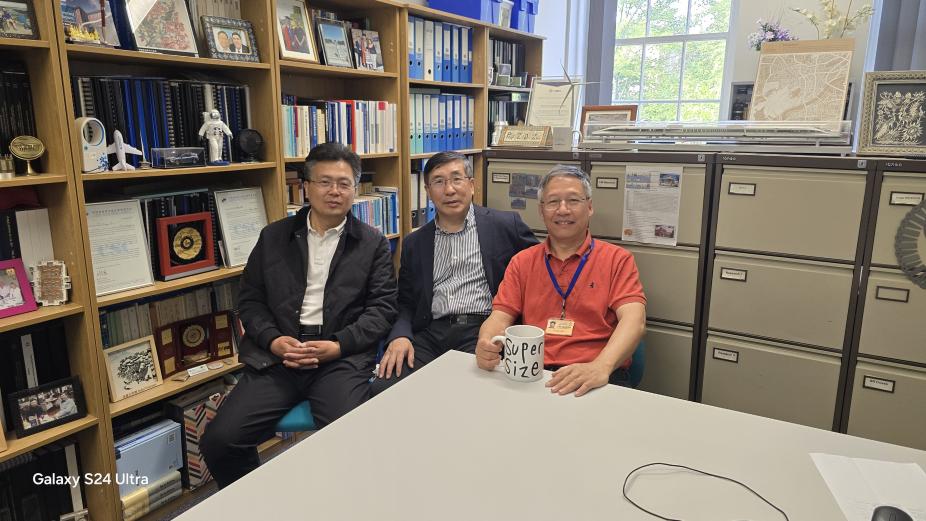
Figure 3: In-depth exchange with Prof. Zhu Ziqiang and other professors at the University of Sheffield
Subsequently, at the University of Cambridge, Prof. Li visited Prof. Long Teng, head of the Power Electronics Laboratory. They had in-depth discussions on cutting-edge research directions such as power electronic converters and exchanged ideas on future academic collaboration between their teams. Prof. Long’s team has long focused on power electronic devices and converters, establishing solid industry-academia partnerships with leading global companies. Their work has led to the industrial application of multiple key technologies and the successful cultivation of industry-leading technology enterprises.
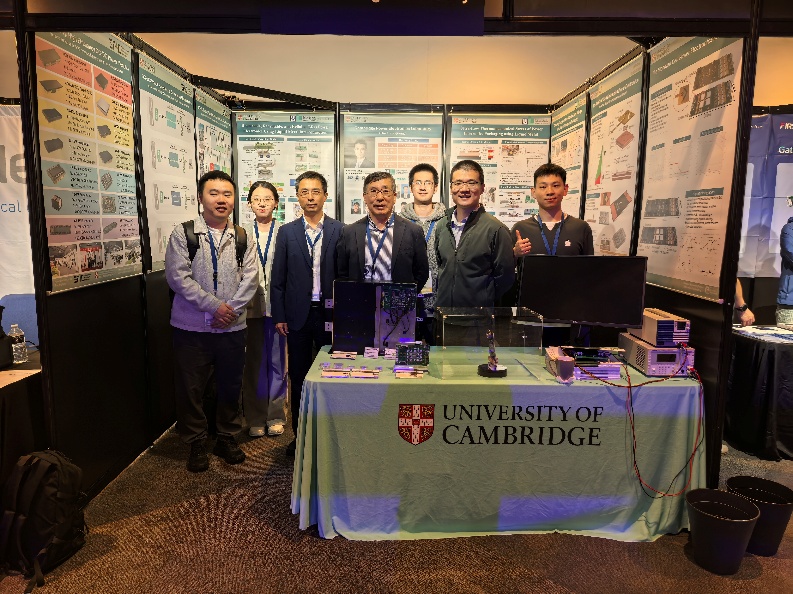
Figure 4: Prof. Li Yongdong with Prof. Long Teng’s team at the University of Cambridge
Prof. Li also visited Imperial College London and was invited to deliver a lecture titled “Status and Trends of Electrification of Railway Transportation.” The lecture provided a comprehensive overview of the technological frontiers, core challenges, and future trends in railway electrification, attracting wide interest and active discussion among faculty and students, laying a solid foundation for future international research collaboration.
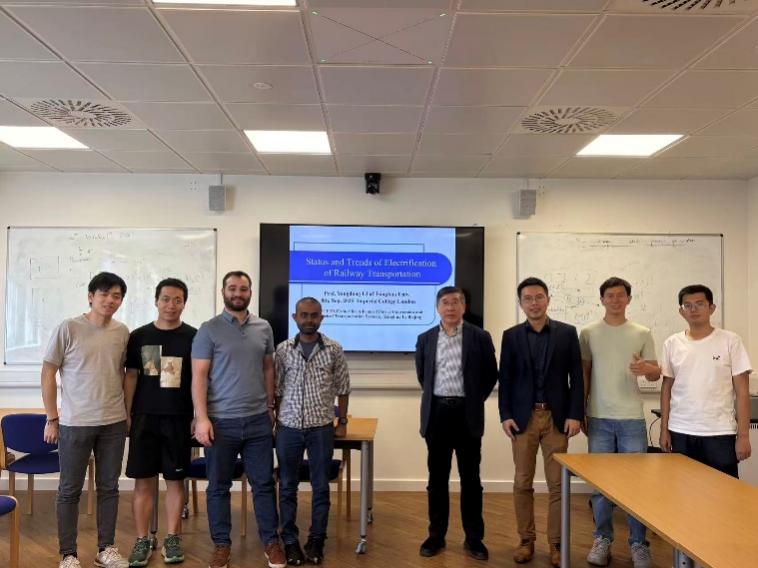
Figure 5: Prof. Li Yongdong delivering a lecture and taking a group photo with faculty and students at Imperial College London
This UK visit by Prof. Li Yongdong and his team significantly expanded Tsinghua University’s international network in power electronics and electrified transportation research, enhanced the international academic influence of the discipline, and laid a solid foundation for subsequent joint research, collaborative platforms, and high-level talent cultivation.

















 News & Events
News & Events